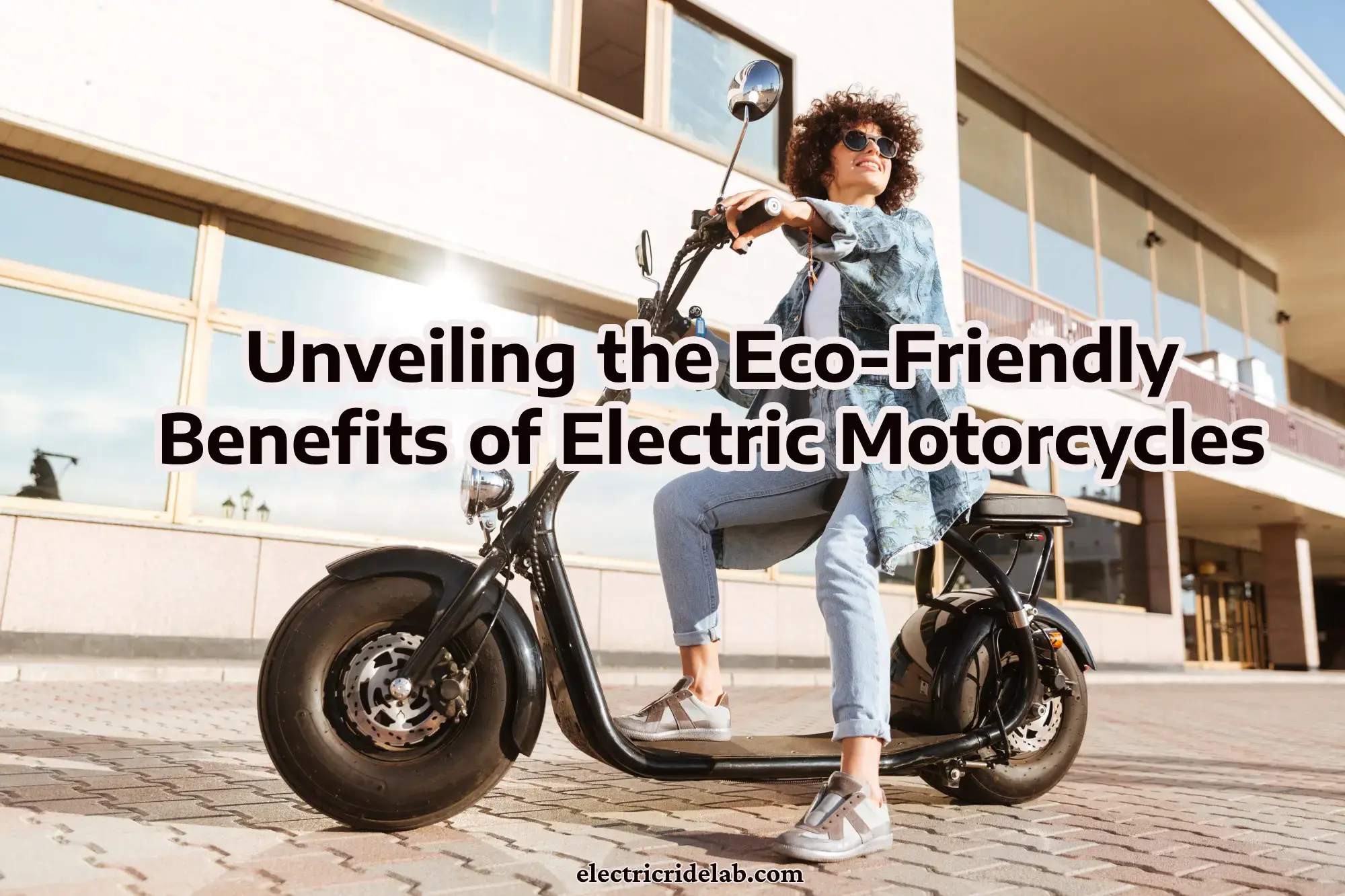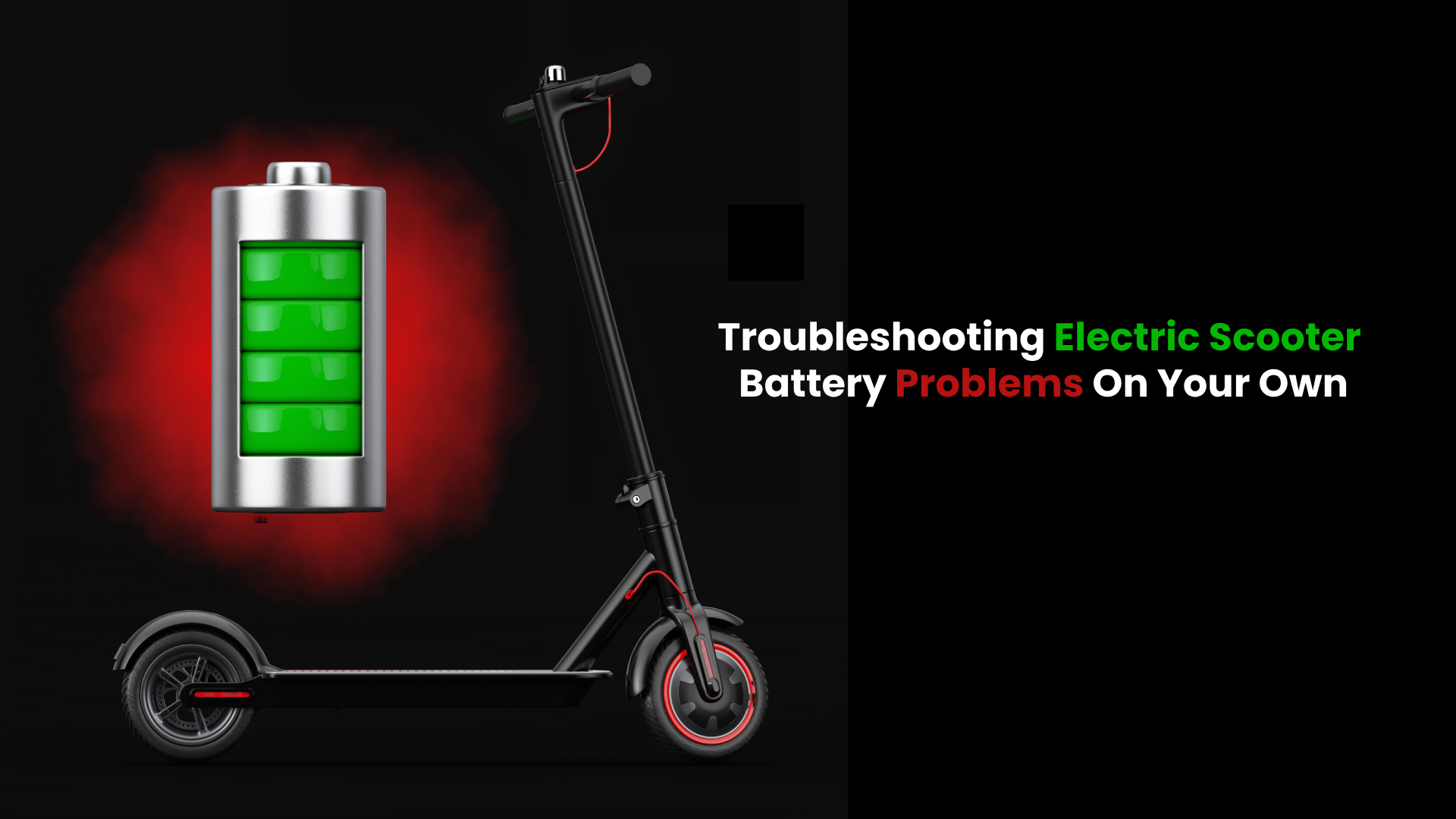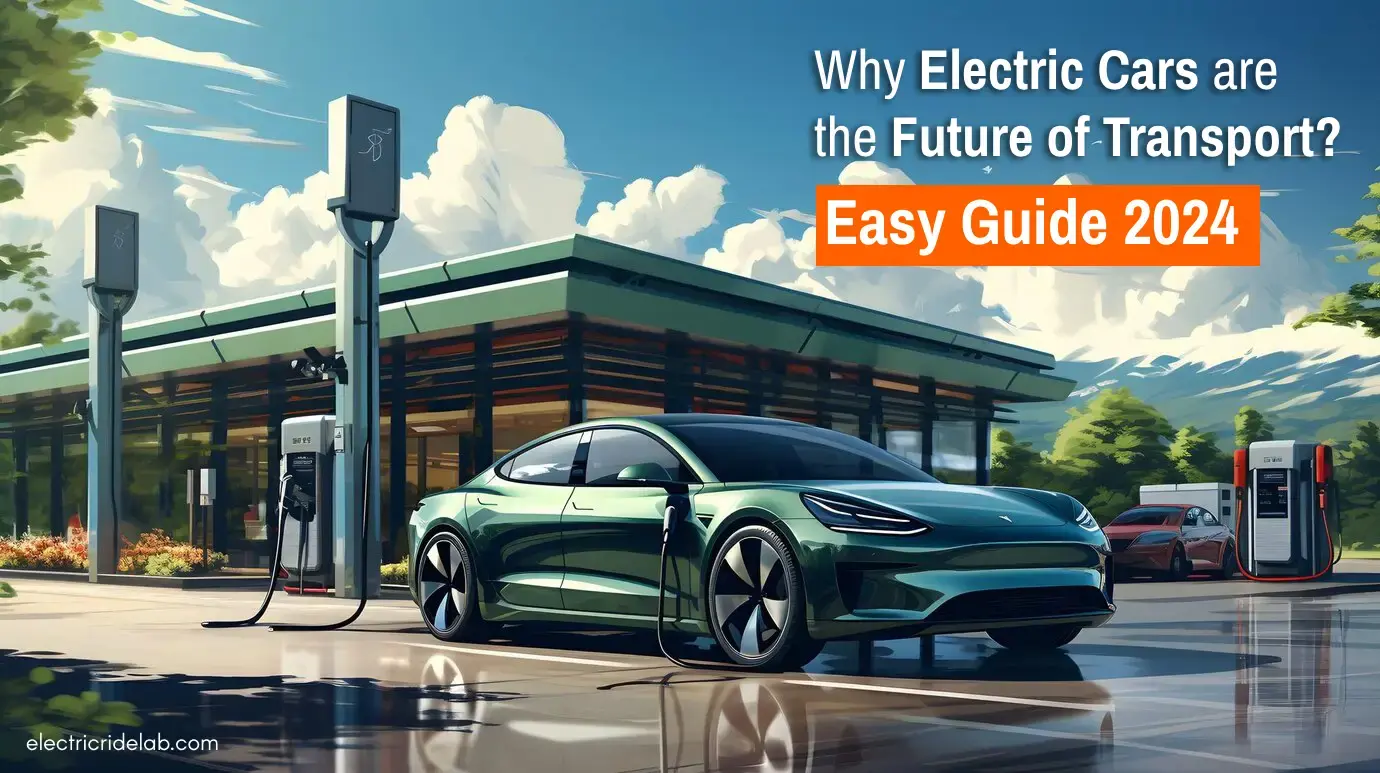We’ve seen Electric cars appear all across the globe, from big cities to small towns but what will this rapid growth in popularity mean for oil prices? With the introduction of Tesla into the automotive industry, we now have access to new technologies such as self-driving vehicles, solar panels, and advanced battery storage solutions.
These innovations are meant to revolutionize our energy generation and distribution system. While these technological advancements will undoubtedly impact the future of transportation, they also have implications on gas prices in the near term.
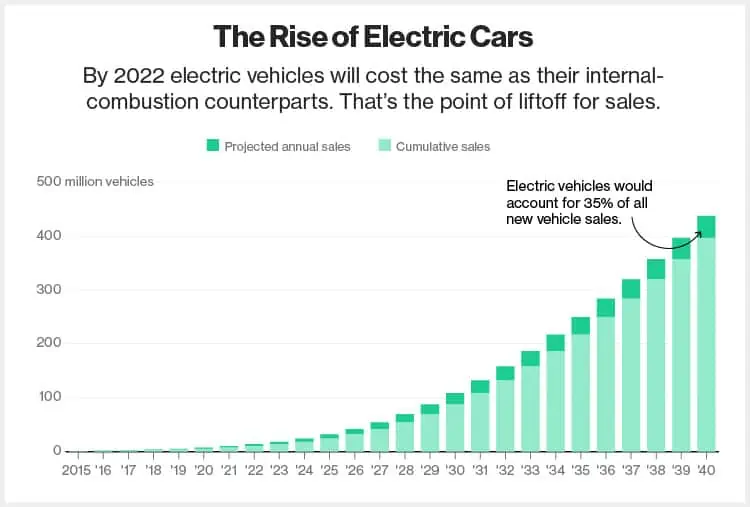
Source: bloomberg
In this article, we will discuss about how will electric cars affect gas prices. We’ll start by looking at what EVs offer that traditional gasoline-powered cars don’t. Then we’ll explore some of the potential impacts on gas prices from the widespread adoption of EVs.
What EVs Offer That Traditional Gasoline Powered Cars Don’t?
The first thing you need to know about EVs is that they’re not just like regular gasoline powered cars; they’re completely different. When it comes to power, EVs aren’t limited to a single source or generation method. They use electricity instead of gas to produce torque and power.
With all this flexibility, EVs can provide more cost effective options than traditional gas powered vehicles. For instance, they can offer lower operating costs because they won’t require expensive vehicle maintenance, repair, or fueling services. In addition, since most countries already have proven infrastructure (and therefore existing grid connections) in place, EV manufacturers only need to build charging stations. This means fewer construction projects, but no significant changes to their respective grids.
Finally, EVs may be able to reduce pollution concerns by using cleaner sources of input materials, making them environmentally friendly alternatives. The biggest potential downside to EVs right now isn’t environmental – it’s cost. However, if the technology improves over time, this might change.
Also Related:
How Much Does Transportation Cost Per Month
What Are Some Potential Impacts on Gas Prices?
Now let’s look at some of the ways EVs could potentially impact the price of gasoline in the future. To do so, we’ll start with the basic premise that EVs will eventually become mainstream. If we assume that happens, then there are three main factors that will determine whether EVs drive down gas prices:
- How much cheaper EVs are compared to conventional vehicles
- Whether consumers choose to purchase EVs or keep driving traditional vehicles
- How quickly the market adopts EVs
Let’s dive into each one of those points.
How Much Cheaper Is an Electric Car Than a Conventional Vehicle?
One way to consider the difference between EVs and conventional vehicles is to compare their total lifecycle costs. As discussed earlier, EVs are typically less expensive to operate due to their ability to run on electricity rather than fuel. However, when it comes to the initial upfront investment, EVs still tend to be more expensive.
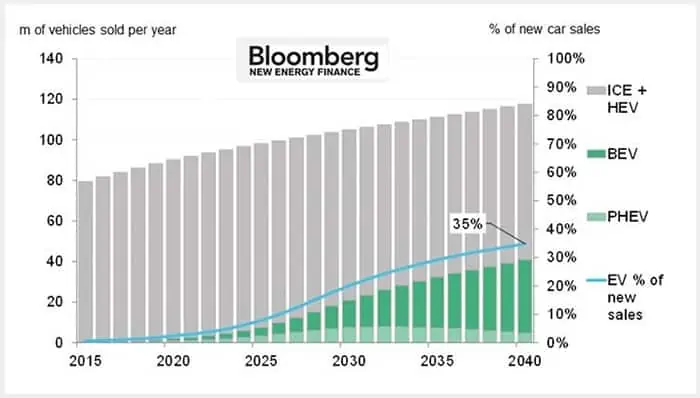
Source: theguardian
The United States Natural Resources Defense Council (NRDC) analyzed that an average EV costs approximately $19,000 more than a new gasoline-powered vehicle. So while EVs are cheaper to operate, they’re still significantly more expensive upfront. However, as battery technology continues to improve, the cost gap should narrow.
Eventually, batteries for EVs could be made inexpensive enough that they’d actually make sense to buy new. At that point, EVs would likely be even cheaper than conventional vehicles.
Also Related:
When Will Electric Cars Take Over
How Will Electric Cars Affect Gas Prices? Will Consumers Choose to Purchase EVs or Keep Driving Their Current Vehicles?
Another critical factor in determining how EVs impact gas prices is consumer choice. Will people continue to purchase conventional vehicles, or will they switch to EVs?
If consumers decide to keep buying conventional vehicles, then the overall effect on gas prices will be negligible. On the other hand, if consumers choose to purchase EVs instead of driving their current vehicles, the impact will be substantial.
Since EVs don’t produce any tailpipe emissions, they’ll dramatically reduce our carbon footprint. And since EVs will be far more efficient than conventional vehicles, they’ll also save us money on maintenance.
The bottom line here is that EVs will ultimately depend on consumer demand. If people want to purchase EVs, then they’ll be available. But if consumers prefer to keep driving their existing vehicles, then EVs won’t have much of an impact.
How Quickly Does the Market Adopt EVs?
The final major factor that will determine how EVs will impact gas prices is how fast the market adopts them. This includes both the number of EVs sold and the rate at which they replace conventional vehicles.
Right now, EVs represent just a sliver of the auto industry. Analysts predict that worldwide sales will total about 5 million in 2025.
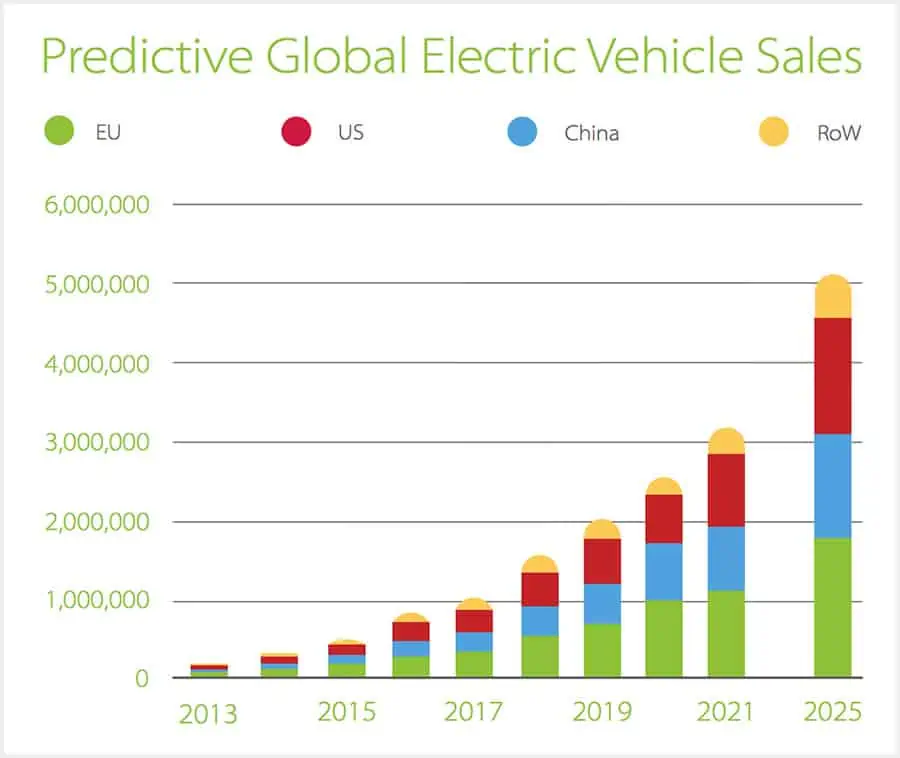
Source: evobsession
Even though EVs are growing rapidly, it can still take years before they grow large enough to impact oil consumption significantly. In the meantime, EVs are unlikely to displace all gasoline vehicles anytime soon.
This isn’t surprising, considering that EVs aren’t yet ready for prime time. For example, there are currently no mass-market EVs that offer anywhere near the range of conventional vehicles. Plus, many EVs require charging stations, which are not widely available just yet.
Also Related:
How Much More Efficient Are Electric Cars?
Will EVs Destroy the Oil Business?
The electric car revolution has been happening for decades now, and it’s only getting bigger. Many people are starting to realize that gasoline isn’t going to last forever, which is why they are investing in EVs. There is still some way until the world runs out of fossil fuels completely, but when they do run out, we need to be prepared.
While we can’t predict whether or not EVs will eventually kill off the oil industry, we know that the combination of EVs and climate change will certainly impact the future of petroleum.
The main problem with electric vehicles is that batteries are expensive and take time to recharge. These two points mean that the number of EVs sold will remain limited until manufacturers find ways to reduce costs and improve battery technology. With that being said, there are plenty of other problems that may hold back the adoption of electric cars.
Despite the drawbacks of electric cars, they may get us off fossil fuels eventually. A major obstacle for consumers is that electricity is still relatively expensive. This means no one would want to buy an electric car unless they lived close enough to a charger or an installed one at their home or garage.
And even then, many people wouldn’t bother because charging up isn’t exactly fun. Nowadays, drivers need to find time to wait around at the charging station instead of spending it behind the wheel driving somewhere else.
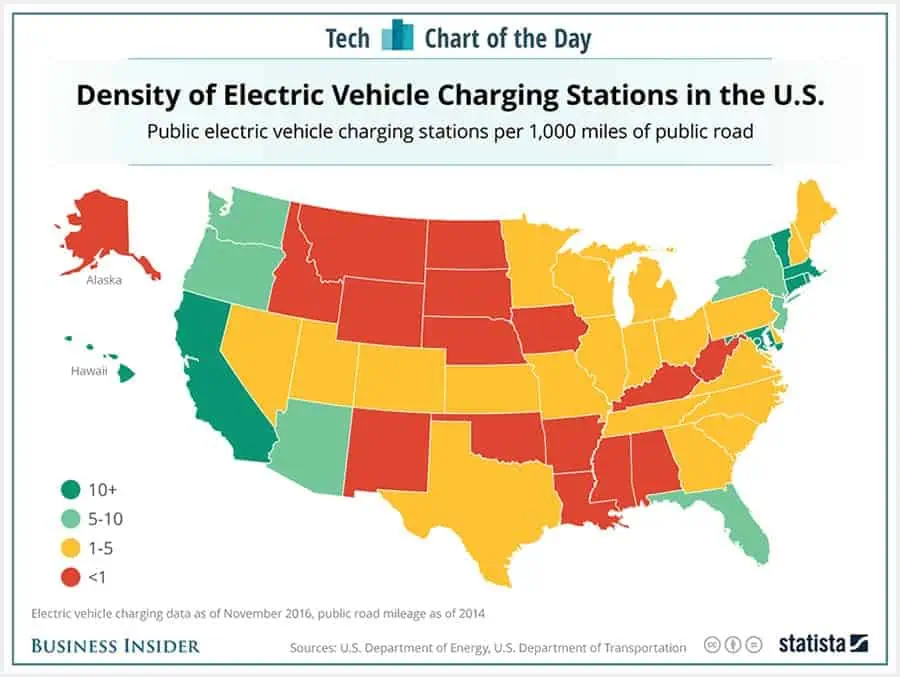
Source: businessinsider
What Do Oil Companies Think About Electric Cars?
Oil companies don’t believe that electric cars will be popular anytime soon. Why? For starters, most people don’t like sitting around waiting for hours on end to charge their car. It’s just inconvenient.
In addition, battery life is another issue. Most electric vehicle models only last about 200 miles before needing to recharge again. And while we’ve seen significant improvements in recent years, these numbers are still nowhere near what conventional vehicles offer today.
Even though oil companies seem confident that the electric car market will never reach its full potential, they’re not against investing in them.
Also Related:
When Will Electric Cars Be Affordable
Conclusion—will Electric Cars Help or Hurt the Petroleum Oil Industry?
In conclusion, I believe that electric cars are the best option for the environment and society as a whole. It will take some time before electric cars are really competitive with gasoline-powered ones, but in the end, consumers will reap the benefits.
When looking back on this article after 2040, the oil industry can rest assured knowing that people won’t be buying gasoline anymore. That’s why my prediction is that within 40 years, there will be more hybrids than non-hybrids. At least 60% of all vehicles will run on either battery power or hydrogen.
The future may belong to electric cars, but some uncertainties need to be addressed before widespread adoption takes place. These include battery life, cost, range, and charging infrastructure. However, if these problems can be solved, we could see a day when most people drive only electric vehicles.
The bottom line is that gas prices will be affected as we continue to see improvements in EV technology. Truthfully, the future belongs to electric cars. The question is whether we’re ready for it yet.


